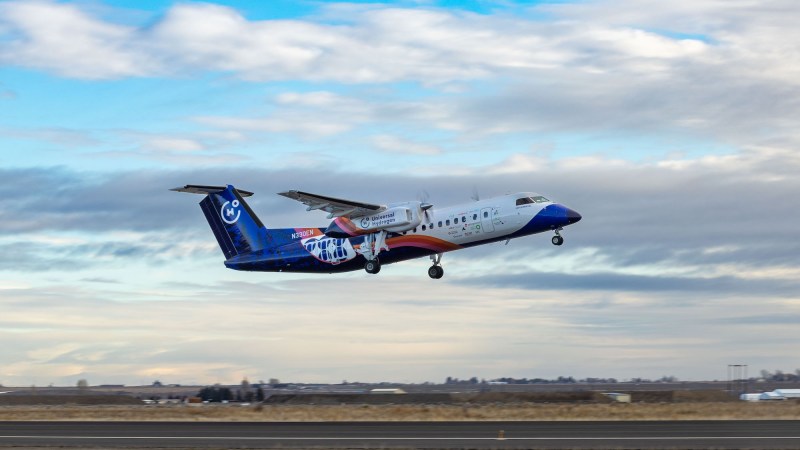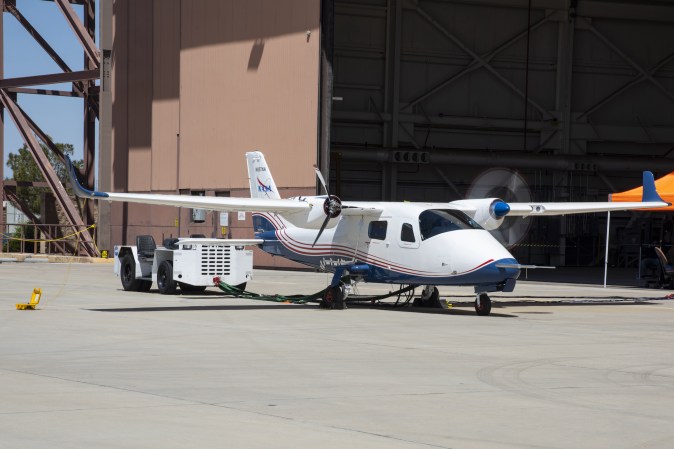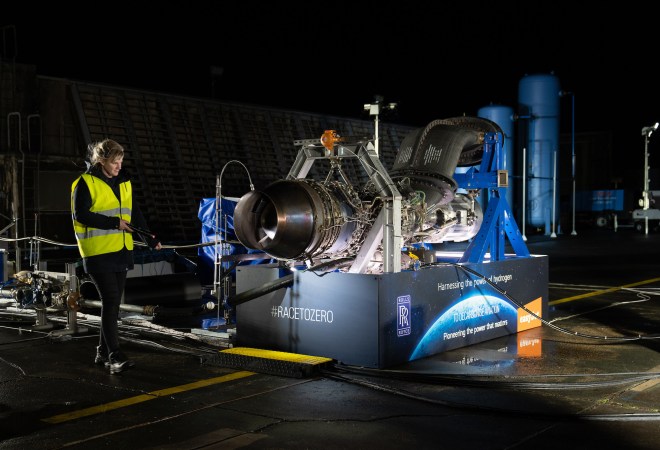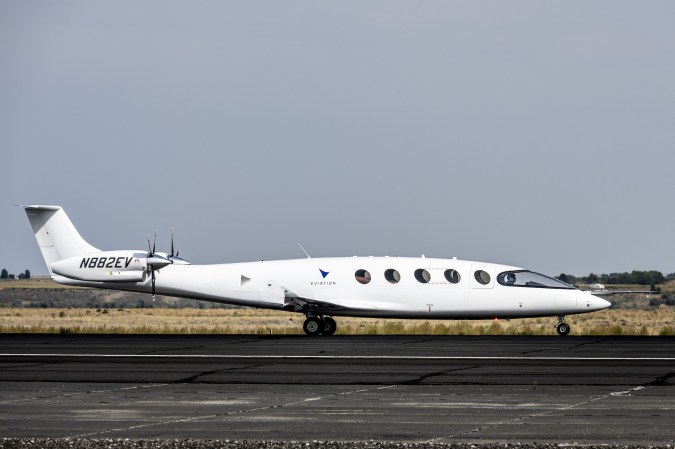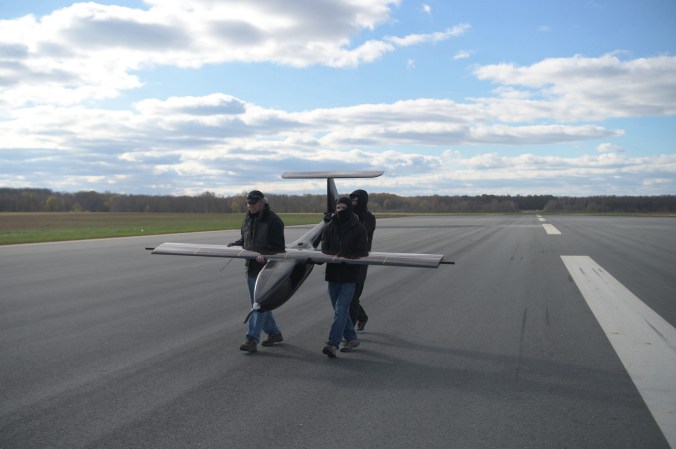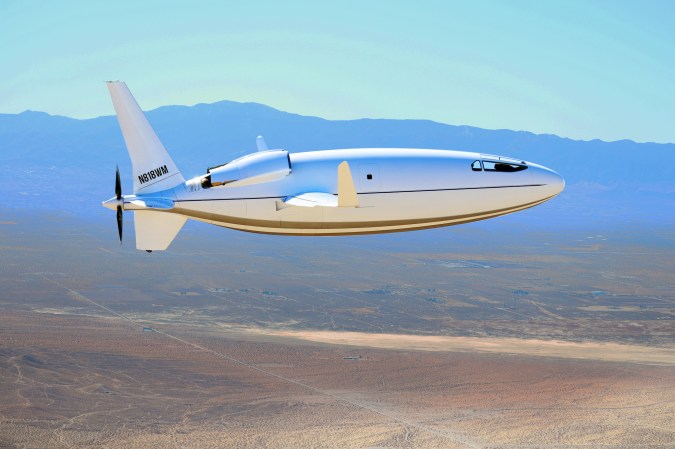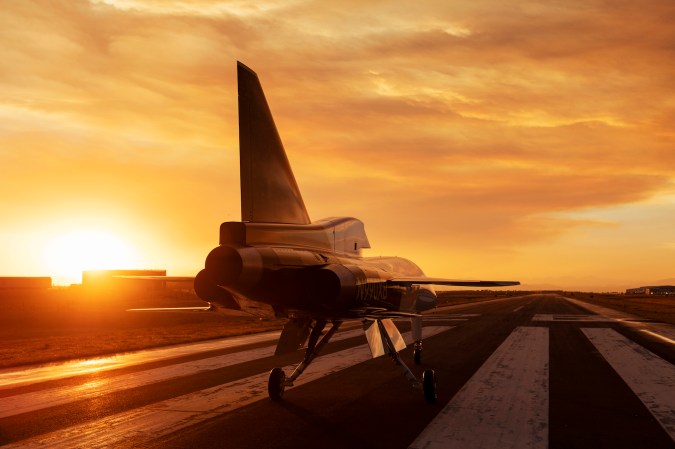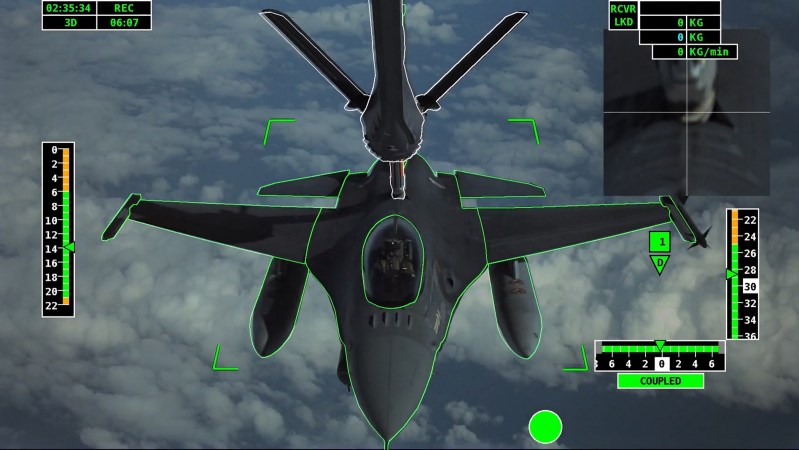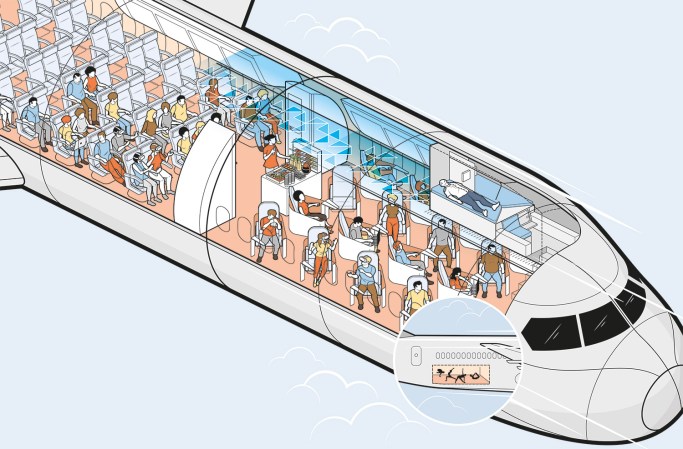

Once considered prohibitively expensive and inefficient, hydrogen fuel-powered planes are finally beginning to literally and figuratively take off around the world. Last week, the Germany-based startup H2FLY achieved a major industry milestone—completing the world’s first piloted electric aircraft flights fueled entirely by liquid hydrogen.
“This achievement marks a watershed moment in the use of hydrogen to power aircraft. Together with our partners, we have demonstrated the viability of liquid hydrogen to support medium and long-range emissions-free flight,” H2FLY co-founder Josef Kallo said in a statement on September 7.
According to the company’s official announcement, H2FLY completed a total of four flights using liquid hydrogen, one of which boasted over three hours of airtime. Unlike past tests, however, the company’s HY4 prototype aircraft this time around utilized liquified, cryogenically stored hydrogen (LH2) instead of pressurized gaseous hydrogen (GH2). The fuel source alteration reportedly allows for significantly lower fuel tank volumes and weights, thus boosting the aircraft’s range, as well as the amount of space that can be dedicated for payloads.
[Related: Hydrogen-powered flight is closer to takeoff than ever.]
Even with only four test flights completed, LH2 fuel shows incredible promise in powering more-sustainable planes. Thanks to the strategic fuel shift, the company’s HY4 aircraft can hypothetically double its maximum range from 750 km to 1,500 km (466 to 932 miles), making it much more viable for medium- and long-haul commercial, carbon-emissions free flights. For comparison, a flight from New York City to Columbus, Ohio, is around 765 km; a flight from NYC to Tallahassee, Florida, is about 1,470 km.
As Electrek notes, H2FLY engineers boast a string of achievements over the years when compared to similar zero-emission aviation companies. The HY4 aircraft completed its maiden flight in 2016, and set new records when it achieved an altitude of over 7,000 during a 77-mile test run in 2022.
Atop the impressive test results, H2FLY explains its latest HY4 flights “marks the culmination” of Project HEAVEN, “a European-government-supported consortium assembled to demonstrate the feasibility of using liquid, cryogenic hydrogen in aircraft.” Apart from various business consortium partners, the project included funding from the German Federal Ministry for Economic Affairs and Climate Action, the German Federal Ministry for Digital and Transport, and the University of Ulm.
Moving forward, H2FLY aims to begin work on commercialization of its aircraft and fuel technologies. This will include the development of new fuel cell systems capable of providing full power ranges for emissionless flights achieving altitudes as high as 27,000 feet. Next year, the company also plans to open a Hydrogen Aviation Center at Germany’s Stuttgart Airport.

